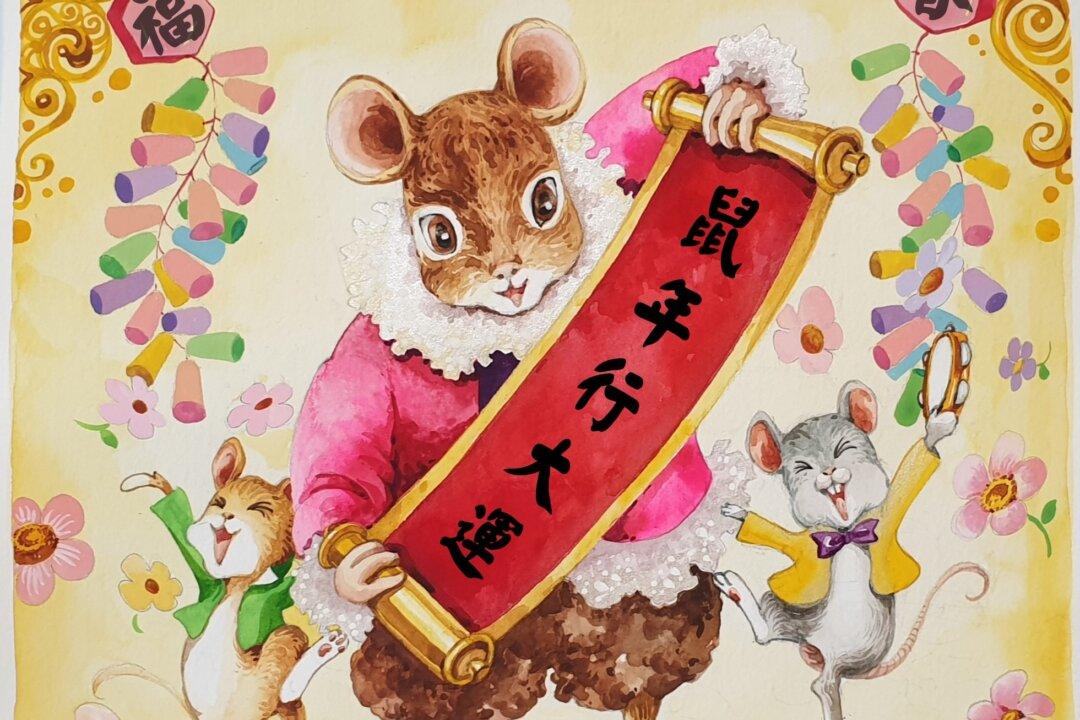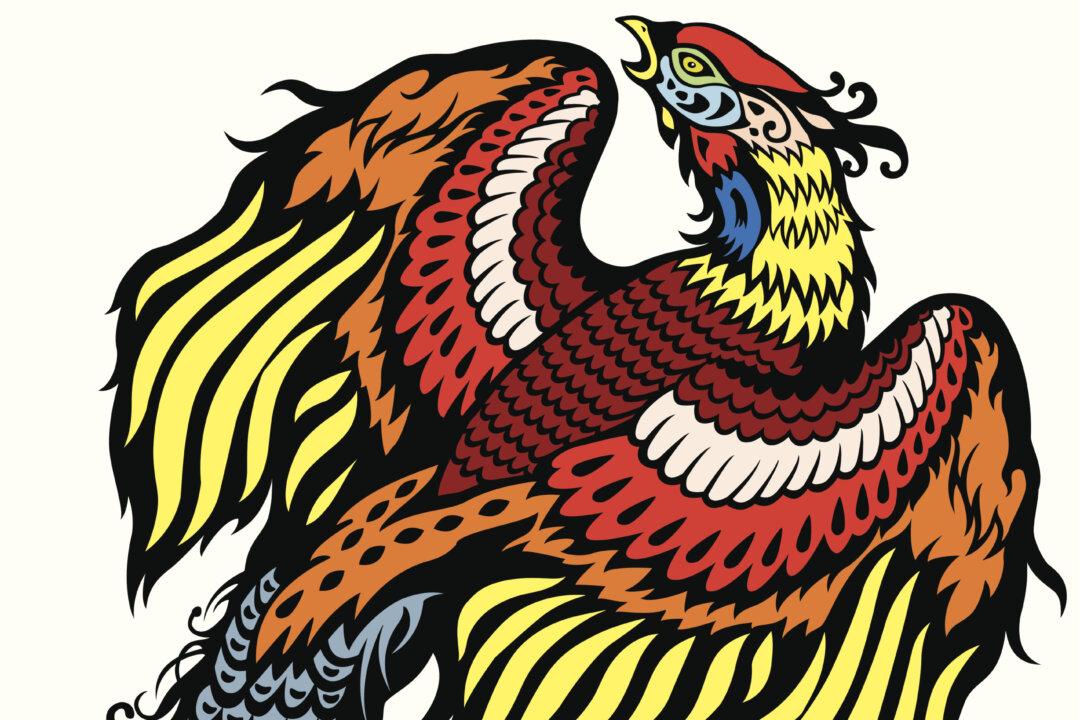Amid a deadly epidemic in his hometown, when people were either abandoning their afflicted homes or desperately fleeing town to escape from infection, Yu Gun was the only one who did not follow suit. Instead, he was determined to stay behind to care for his plague-stricken elder brother.
It would be several months before the epidemic gradually began to ease. Against all odds, not only was Yu Gun spared—still safe and sound—but his brother had also miraculously recovered.





